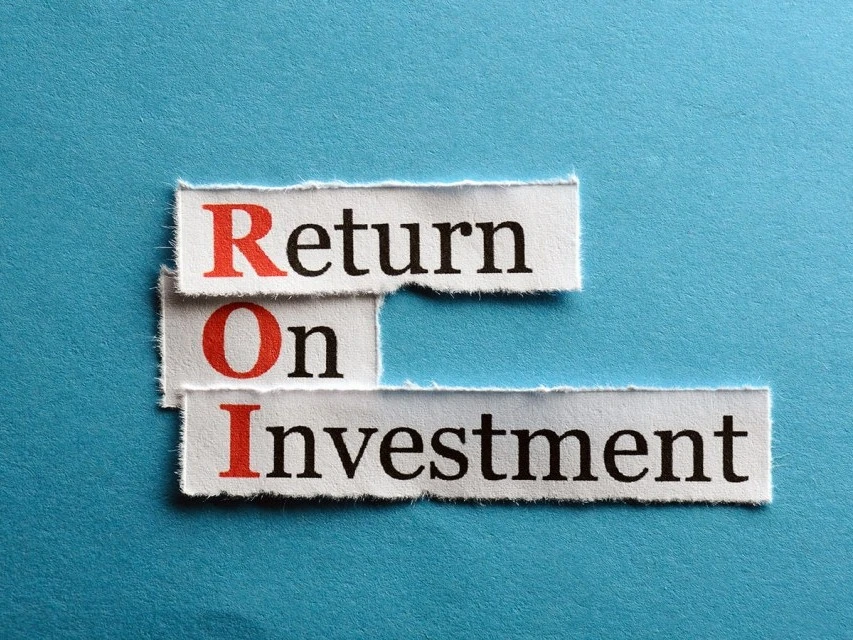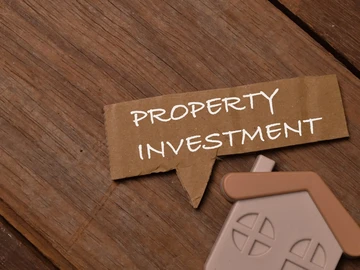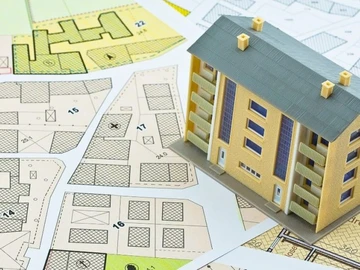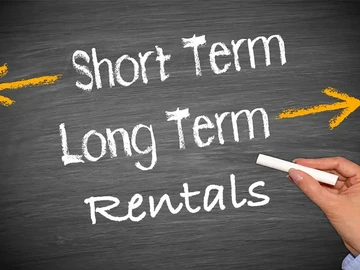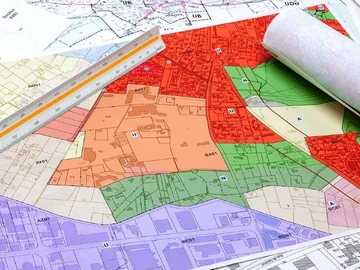Investing in property is one of the most popular wealth-building strategies in Zimbabwe. But to make the right decision, investors must calculate Return on Investment (ROI) before committing capital.
Whether you’re buying a rental house in Harare, a commercial shop in Bulawayo, or land in Ruwa, understanding ROI helps you compare opportunities, manage risk, and maximize profit.
This guide explains how to evaluate a property’s ROI in Zimbabwe, with formulas, examples, and key factors to consider.
What Is ROI in Real Estate?
ROI (Return on Investment) is the percentage measure of how much profit an investment generates compared to its cost.
Formula:
ROI= Net Annual Income / Total Investment Cost ×100ROI
- Net Annual Income = Rental income – expenses (rates, levies, maintenance, management fees).
- Total Investment Cost = Purchase price + transaction costs (stamp duty, legal fees, agent fees).
Step 1: Calculate Rental Income
- In Harare’s Borrowdale, a 3-bedroom townhouse rents for about US$1,200/month → US$14,400/year.
- In Norton, a 3-bedroom house rents for US$300/month → US$3,600/year.
Step 2: Subtract Expenses
Expenses usually range from 15–25% of gross rental income, covering rates, repairs, insurance, and management.
Example:
- Borrowdale townhouse: US$14,400 – US$3,000 (expenses) = US$11,400 net income.
- Norton house: US$3,600 – US$800 (expenses) = US$2,800 net income.
Step 3: Factor in Purchase Price and Costs
- Borrowdale townhouse purchase price: US$180,000.
- Norton house purchase price: US$50,000.
Add about 5–7% for transaction costs (legal fees, stamp duty, agent commissions).
Step 4: Apply ROI Formula
- Borrowdale townhouse:
ROI = (11,400 ÷ 190,000) × 100 = 6%. - Norton house:
ROI = (2,800 ÷ 53,500) × 100 = 5.2%.
Step 5: Compare With Market Benchmarks
- Residential ROI in Zimbabwe: 5–8% (urban averages).
- Commercial ROI: 8–12% (prime CBDs, industrial parks).
- Peri-urban ROI: 6–10% (depending on development and demand).
Factors That Affect ROI in Zimbabwe
- Location: Properties near schools, CBDs, or transport routes achieve higher ROI.
- Property Type: Commercial often outperforms residential, but at higher risk.
- Vacancy Rates: Long vacancies lower ROI. Urban areas like Harare CBD have vacancy rates below 10%, while peri-urban areas may exceed 20%.
- Financing Costs: If using a diaspora mortgage, factor in interest payments.
- Market Trends: Rising demand in places like Ruwa and Norton increases long-term ROI potential.
Real-Life Example
A diaspora investor purchased a cluster home in Avondale for US$120,000. With rental income of US$900/month (US$10,800/year) and expenses of US$2,000/year, their ROI was:
ROI = (8,800 ÷ 126,000) × 100 = 7%.
This sits above the average residential ROI benchmark, showing a solid investment.
Conclusion
Evaluating ROI is critical before investing in Zimbabwean real estate. By calculating income, subtracting expenses, and comparing with benchmarks, investors can make smarter decisions.
Urban properties provide stable but modest ROI (5–8%), while peri-urban and commercial properties offer higher ROI (8–12%) with more risk.
For diaspora and local investors alike, the key is to balance affordability, location, and rental demand when assessing property ROI.
 Continue with Facebook
Continue with Facebook
 Continue with Email
Continue with Email

